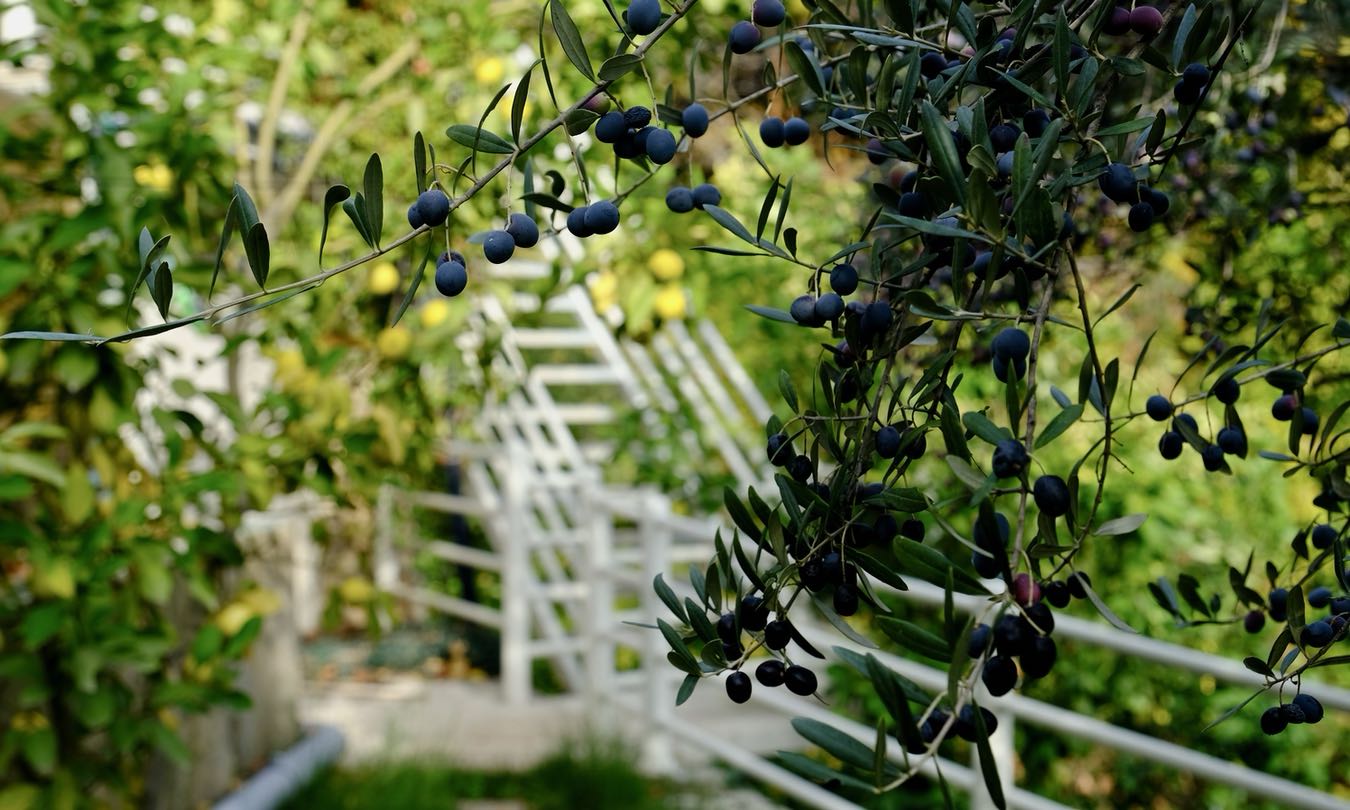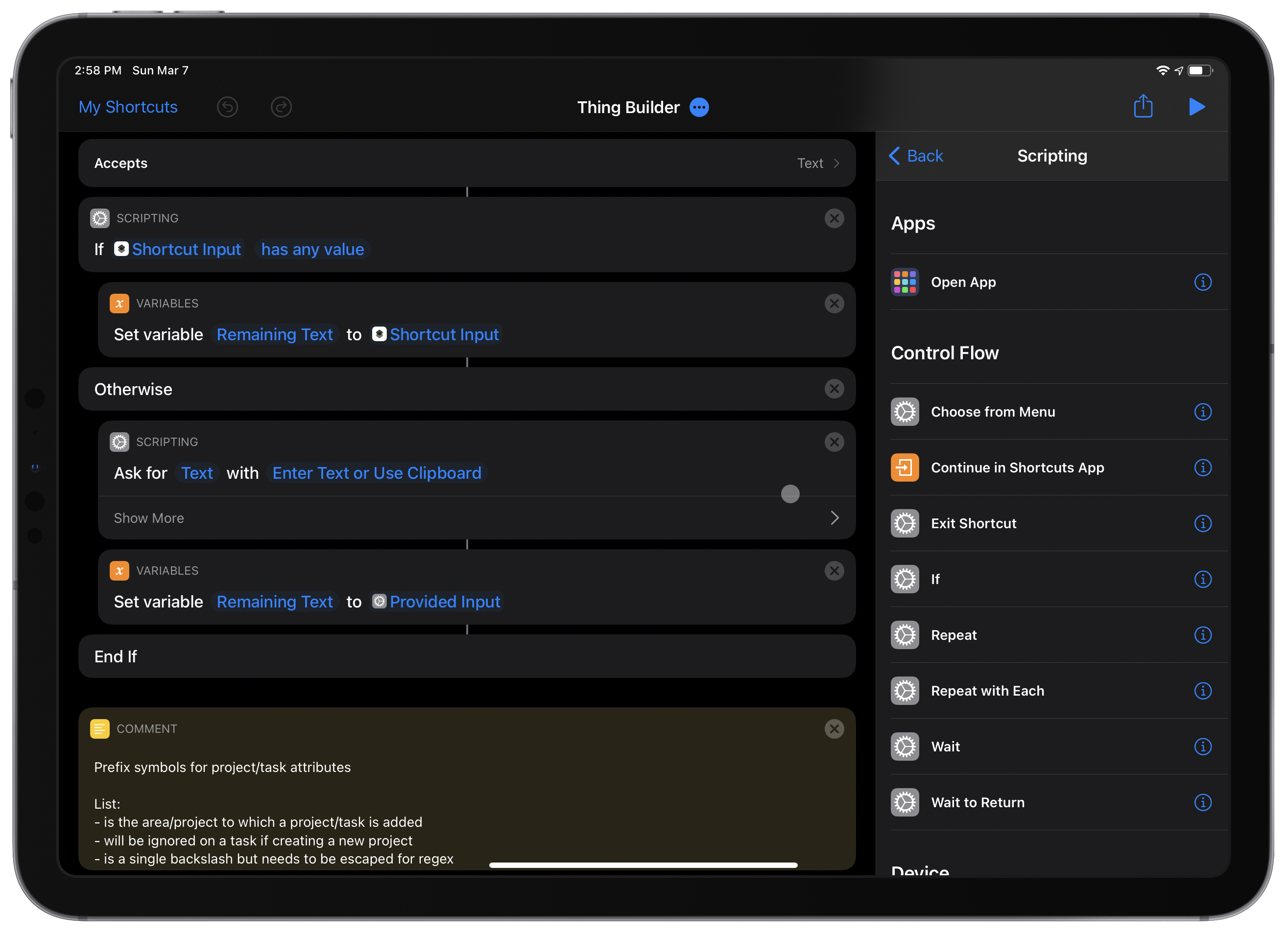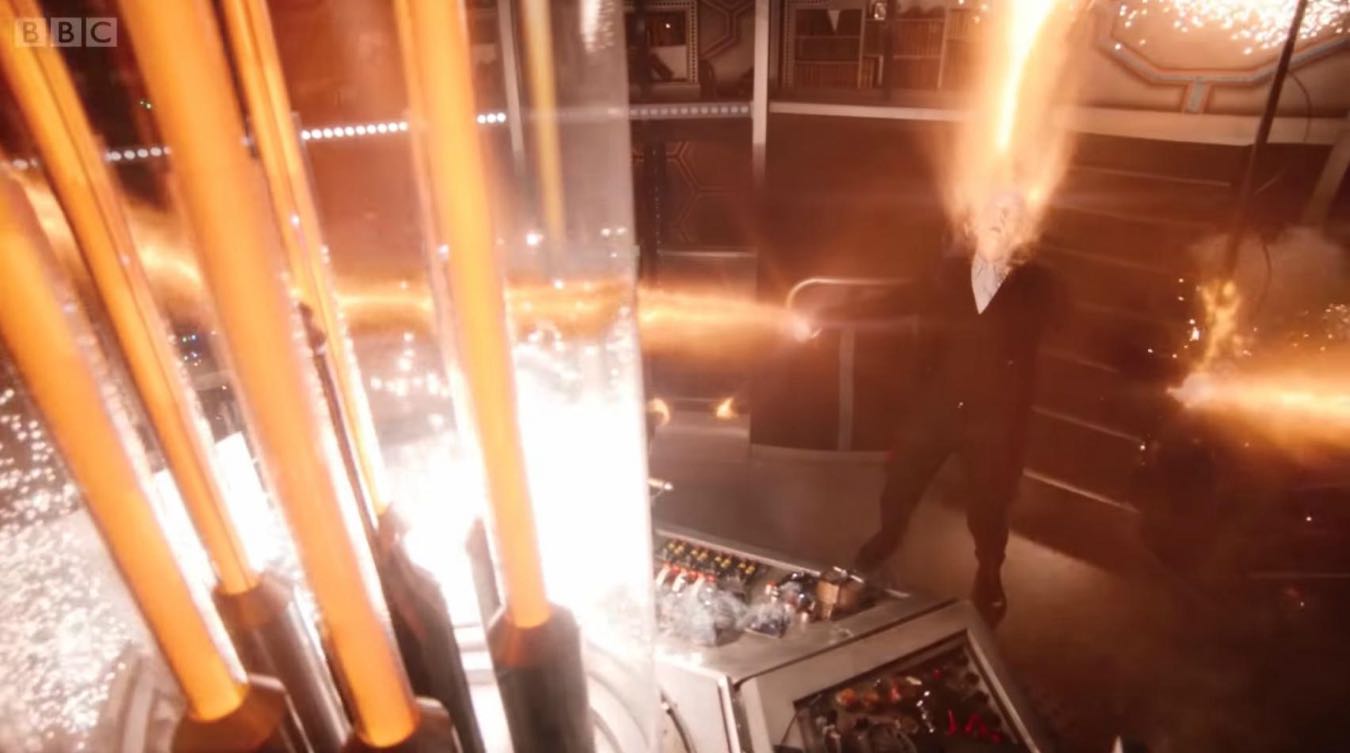For the last few years on our podcast, my friend Elias and I have chosen and discussed yearly themes, inspired by another podcast. An alternative to New Year’s resolutions, they’re basically an idea—typically phrased as “The Year of ______”—intended to be a guiding principle for decisions throughout the year.
I went a bit nerdy with mine this year, landing on The Year of Regeneration—a very intentional Doctor Who reference. The word came to me while watching the first episode of the current season, but it fit very well with the areas and hopes that had been coming to mind while mulling over this year’s theme. In a nutshell, I was looking to:
- find a healthier work-rest balance; to stay on top of work but avoid crashing into recharge mode so often.
- maintain and build on the spiritual disciplines that I had started picking up again towards the end of last year—and, having started to sense the beginnings of some spiritual renewal, to do so expectantly.
But in the weeks since picking this word, I’ve come to realize that, as only God can pull off, it’s shaping up to have far more meaning than I was even anticipating.
My church itself seems to also be in the early stages of some sort of renewal. Many in the leadership and the congregation have roles to play in that, but in the last couple months two of mine have solidified. One is taking a seat on the church council, at the request of multiple people, who said they would appreciate my perspective in the council’s discussions and decisions. The other is helping to spearhead the launch of a young adults’ ministry of sorts, building on the organic group that has taken shape since August or so. With these two things—on top of the fruit I’ve seen in my other roles at this church—I had a real sense of calling wash over me during a conversation about all this with my girlfriend a few weeks ago. In a moment, I felt very clearly that I’m meant to be here, right now, for these purposes. And I believe that the regeneration of this church and my own are bound up together. I have this part to play in the church’s, and that in turn will contribute to mine.
There’s another aspect of this that came into focus in that same conversation: regeneration means dying first. It even makes sense in the context of the show that inspired me: the Doctor regenerates because of some would-be-fatal injury. As the old body dies, a new one regenerates from it. This new iteration of the Doctor is very much the same person as all the previous ones, but is also unique in his or her own way. Change comes, but something of the Doctor has to die. It hadn’t occurred to me when I first landed on this theme, but I now fully expect that this year, regeneration will mean the things in me that need to die dying, so that new life can come. Which is not exactly a pleasant thought, but it’ll be worth it in the end.
I don’t know what all this year will hold, but it’s looking to be a trying and rewarding one. Of the themes I’ve set for myself, this is probably my most significant yet. The trick, of course, is following through.
Last year, that afore-mentioned podcast started printing notebooks built around what they’re calling The Theme System. Based on what’s worked well for them, it builds on the concept of the yearly theme, adding ideal outcomes, journaling, and daily themes—basically a checklist of the things by which you want to assess each day. I ordered one when they came back in stock at the beginning of the year, and it just arrived a few days ago. Starting that journal gave me a chance to process through this theme as it stands now, with the extra meaning it has taken on in recent weeks. And a habit of sitting down with a pen, notebook, and this structure will help to keep this more front-of-mind than previous themes were most of the time. I’ve also documented the theme—along with the ideal outcomes, journal prompts, and daily themes I came up with—on a new page of this site, with the intent of keeping this more prominent and hence, more front-of-mind.
But, even more than for those previous themes, I’m approaching the Year of Regeneration prayerfully and expectantly. Because I need to be intentional about it as I make decisions, but ultimately—as with the fruit I’ve already seen—that new life will only come from God.


